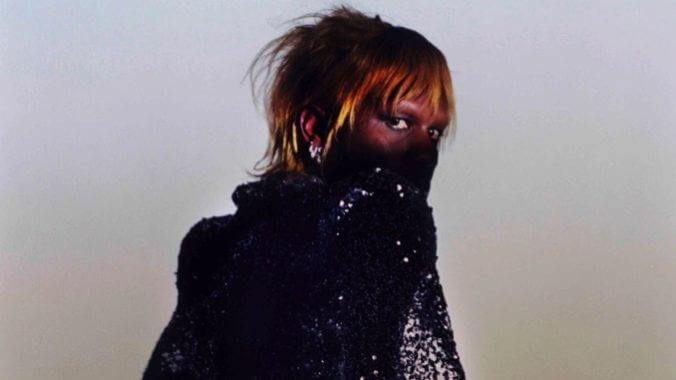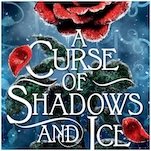Yves Tumor Demands A Fantastic Demise on Praise A Lord Who Chews But Which Does Not Consume; (Or Simply, Hot Between Worlds)
Photo by Jordan Hemingway
What does the pop star for the end of the world look like? Considering how things are going at the moment, it might be worth looking around now for the answer; when you’re part of a species in complete crisis mode, it makes sense that our biggest musical stars now often seem like unwitting ringleaders of a cult of personality first and musicians second. There have always been stars of this type where you know the name better than the songs, but it feels more intense now, like a swath of incessant positivity parading to the beat of vague allusions to actual musical innovators of another time—a “better” time, for some, perhaps—that people will hold as sacred even if it says nothing original. This heightened intensity is certainly connected to the fact that we have access to everything these stars say and do and think (or don’t think). They make inoffensive, centrist statements about unity in order to not anger either side of the paranoid crowd they preach to. They aren’t threatening and don’t need to be—both the times and their fans are threatening enough. Maybe these messiah figures in our phones are what we deserve to have playing us out: Are we in any state to demand more? Would it be so bad to be serenaded out to something comfortable, knowing no one can save us? They certainly won’t, anyway.
-

-

-

-

-

-

-

-

-

-

-

-

-

-

-

-

-

-

-

-

-

-

-

-

-

-

-

-

-

-

-

-

-

-

-

-

-

-

-

-








































